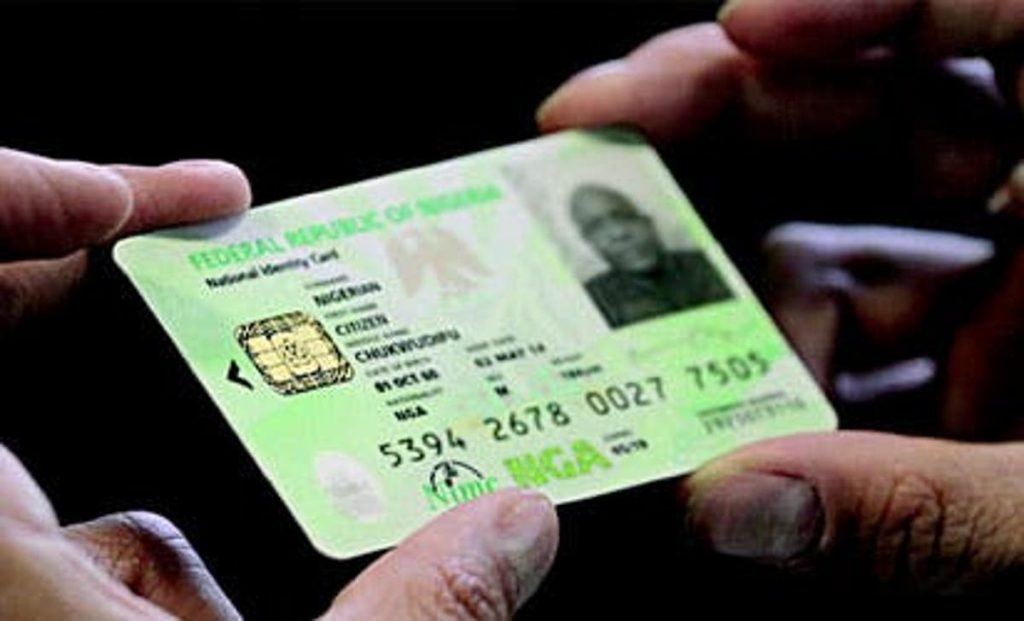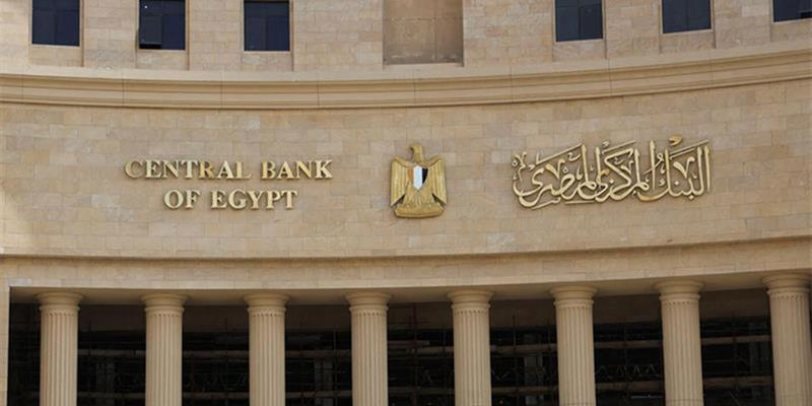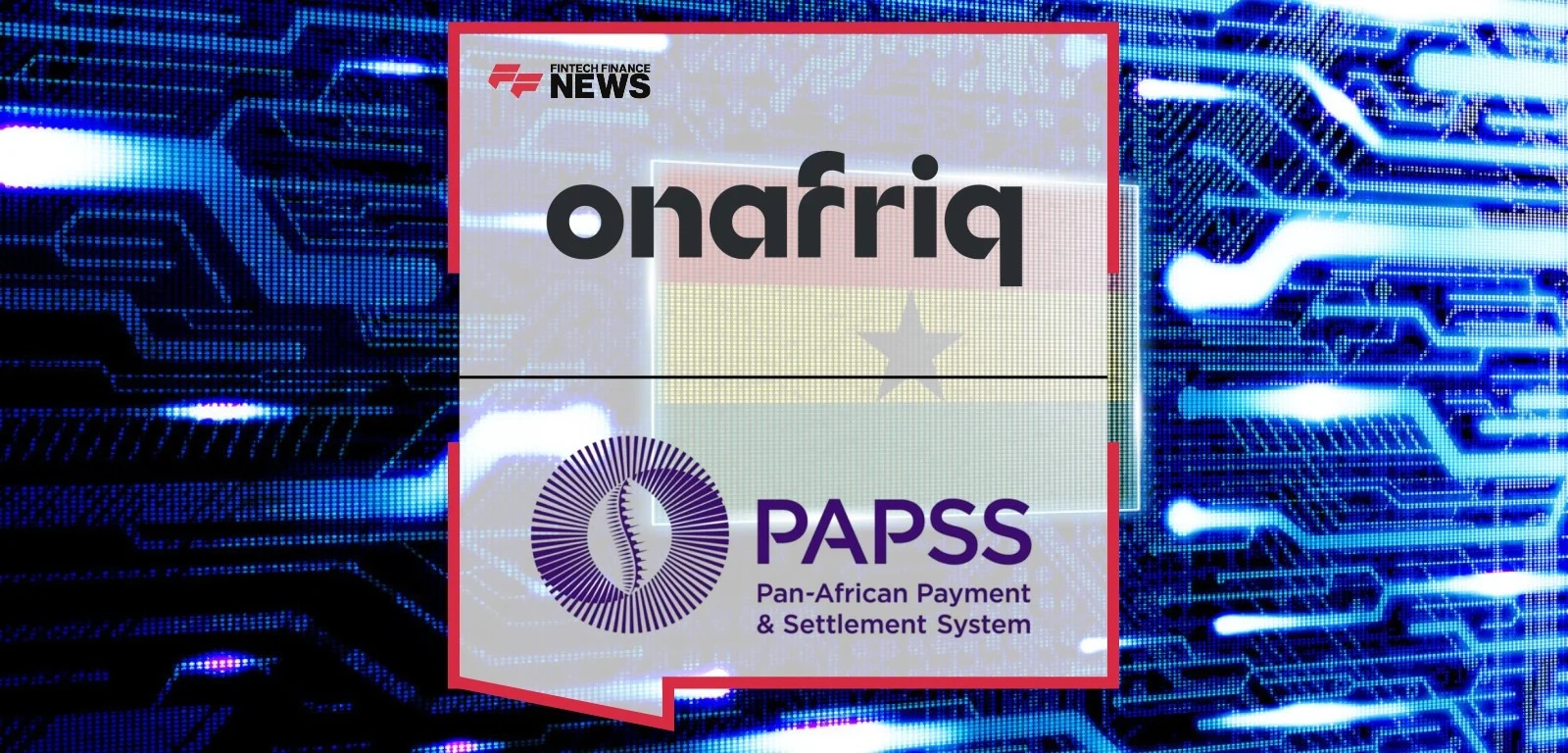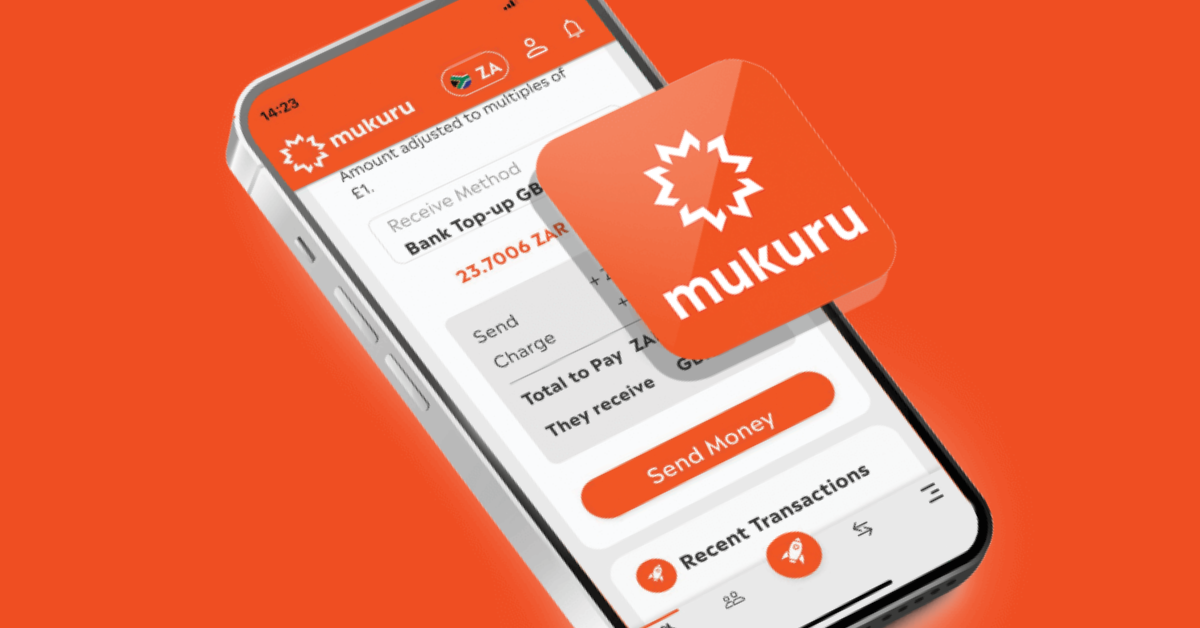Technology
👨🏿🚀TechCabal Daily – Nigeria wants your name and your debt
In partnership with Lire en Français اقرأ هذا باللغة العربية Happy salary week! It’s salary week. I am as excited as you are. Here’s something to consider before you make that LinkedIn post this week: try out its AI-generated suggestions. Apparently, CEO Ryan Roslansky believes you’re...
TechCabal
published: Jun 23, 2025



Happy salary week! 
It’s salary week. I am as excited as you are.
Here’s something to consider before you make that LinkedIn post this week: try out its AI-generated suggestions. Apparently, CEO Ryan Roslansky believes you’re not trusting the feature enough to help you polish your post.
In other news, I’ll be bringing you loads of gists—in french perhaps—from my visit to Benin this week; I am attending the Cyber Africa Forum Conference. If you’ll be around, kindly say hi.
Let’s get into today’s dispatch.
– Faith.

Regulation
Nigerian government wants to link all your borrowing history to your NIN

Dear Nigerians, the government has said it wants to link your entire borrowing history to your National Identification Number (NIN)—yes, that means of identification some of you have refused to open since 2021.
Reacting to the news, some of you asked a key question: why the NIN? Why not the Bank Verification Number (BVN)?
Uzoma Nwagba, managing director of the Nigerian Consumer Credit Corporation (CREDICORP), gave you an answer: “If you default on your loan, it could affect your ability to renew your passport, your driver’s licence, or even rent a house.”
The idea is commendable because it means that every Nigerian citizen—as long as you have your NIN—will have a credit score. This could make it easier to access loans from fintechs, microfinance banks, and, if the big boys want to play, maybe commercial banks too.
But the BVN has its limits. It only works inside the finance world. But with the NIN, your identity reaches telecoms, tax, and even licencing, giving more sectors access to your credit history.
This is close (but not the same) to how the US uses its Social Security Number (SSN), which tracks income and work years to calculate citizens’ benefits. Nigeria hasn’t said if your earning history will be linked too.
But if it is strictly borrowing history, it means two things: accessing a customer’s ability to pay back a loan—which is crucial for loan underwriting—will still be a problem.
Second, it might also depend on fintechs, banks, and other credit providers—even loan sharks—to reliably report when customers take loans from them, thereby contributing to their credit history.
We cannot say yet if this is a good plan. Rollout will be key. But tell us: does this move get a yay or nay from you?
Save more on every NGN transaction with Fincra

Stop overpaying for NGN payments. Fincra’s fees are more affordable than other payment platforms for collections & payouts. The bigger the transaction, the more you save. Create a free account in 3 minutes and start saving today.
Regulation
Egypt tightens payments rules

The Central Bank of Egypt (CBE) has dropped a new rulebook for anyone running a digital payment business in Egypt.
Here’s what it contains: These regulations outline the process for obtaining approval and licenses; set the rules for amending licenses; and specify the fees for inspections and supervision.
- Everyone must apply for a licence. Existing companies have just 12 months to comply—they can keep running while the CBE decides if they meet the rules.
- Foreign companies must be licensed in their home countries.
- Before launching a payment business, companies must first get the CBE’s permission. Once granted, they have 6 months to submit a full licence application, or that approval expires.
- The capital requirement for payment system operators is about $9,879,755. Regular payment service providers fall between $197,595–$592,785.
- Applicants must submit a 3-year strategic plan showing how they’ll operate, scale, manage risk, and make money.
- Each company must submit an unconditional financial guarantee, which must be 2% of its capital. The CBE can use this guarantee to impose financial penalties for breaking the rules.
So, what does this mean? For startups or global players eyeing the Egyptian market, the bar just got higher. For those who can meet the bar, the path forward is clearer than ever. And for the fintechs that can’t? Do they shut down or find ways to merge? Will this new rule trigger the rise of more disciplined, better-funded fintechs? Egypt isn’t just raising the bar, it’s asking who deserves to stay in the game.
Order physical Paga cards, spend with confidence.

Tired of declined payments? Avoid the side-eyes at the cash till with Paga’s physical prepaid card. Designed to give you control, security, and ease. Fund and spend with confidence. Get yours today!.
Fintech
Onafriq + PAPSS = New cross-border payment solution in Ghana

Onafriq, a pan-African digital payments network, has rolled out a new cross-border payment service in collaboration with the Pan-African Payment and Settlement System (PAPSS) network, an African cross-border payments infrastructure. This service, approved by the Bank of Ghana (BoG), starts with a six-month pilot program in Ghana.
Here’s what’s happening: Onafriq is tapping into PAPSS’s infrastructure and regulatory muscle. That means that fintechs, mobile money operators, and traditional partners don’t need to build their own compliance or settlement rails. Just plug into the PAPSS framework. While PAPSS handles the backend of operations, Afreximbank, an African Export-Import Bank, makes sure settlements are smooth.
Onafriq and PAPSS are turning their promises into products, as this new launch comes three years after the announcement of their partnership, aimed at promoting intra-African cross-border trade and enhancing financial inclusion.
This new service will allow customers to send and receive money into mobile wallets and bank accounts, enabling faster and more transparent transfers for small businesses and individuals.
But this isn’t just about speed or convenience. It’s a challenge to the status quo.
Ghana isn’t short on cross-border options with MTN MoMo, Chipper Cash, Wave, and WorldRemit serving this space. But with Central Bank’s approval and regional infrastructure in play, this partnership could shift power away from already existing players.
This move will not kill the competition, but it forces a rethink. For competitors, it’s a call to either plug in or risk being left out.
Turn your hustle into an online business with Paystack!

Anyone can sell online. With Paystack Storefront, you can create a sleek online store, share your link, and accept payments. No code needed. Get started here →
Fintech
Mukuru fixes account balance glitch in customer accounts

On June 19, thousands of Mukuru customers in South Africa were in panic mode when they woke up to find their account balances wiped to zero. Many of them feared their money had vanished.
Mukuru, the Zimbabwe-founded fintech, blamed a technical glitch and said customer funds were safe. The issue, they said, only affected how balances displayed.
The update at a glance: On Friday, the fintech announced that it had fixed the error and restored accurate balances to customer accounts. Several customers confirmed that their account balances were now intact.
Yet, the scare was real, especially for Zimbabwean migrants who depend on Mukuru to send money back home or manage daily spending.
This kind of thing isn’t new in the fintech world, and even in traditional banking. It could have been a bug problem in Mukuru’s codebase or a temporary display glitch. Yet, Mukuru’s users had a solid reason to fret.
Mukuru has a history with fraud: In August 2024, two Zimbabwean staff members of the fintech company were charged with allegedly stealing $100,000 through fake accounts on the platform.
In South Africa, Mukuru customers were hit by a ruthless SIM-swap scam where criminals stole R18 million ($1 million) from their accounts. The crooks tricked mobile providers into giving them control of customers’ phone numbers. With that, they were able to gain access and log into accounts. While it wasn’t the Mukuru app that got hacked, users asked questions of their fund’s safety.
Due to the recent mishaps, the account balance glitch came at a bad time. Mukuru may need to do more to prove their systems can be trusted, else the fintech risks losing a good chunk of the 17 million global users it now serves.
Qore Group appoints Michael Hoodfar as COO.

Qore Group appoints Michael Hoodfar as COO, driving 16x growth and market reach expansion globally with expertise from Thought Machine, Deutsche Bank, Accenture, Deloitte & PwC. Targets 100% YoY revenue growth over 4 years.
CRYPTO TRACKER
The World Wide Web3
Source:

|
Coin Name |
Current Value |
Day |
Month |
|---|---|---|---|
| $101,549 |
– 1.25% |
– 6.33% |
|
| $2,242 |
– 1.94% |
– 12.11% |
|
| $0.00642 |
– 22.51% |
– 80.53% |
|
| $133.58 |
– 1.93% |
– 23.87% |
* Data as of 06.30 AM WAT, June 23, 2025.
Introducing, The Naira Life Conference by Zikoko

This August, the Naira Life Con will bring together wealth builders, entrepreneurs, financial leaders, and everyday Nigerians to share their experiences with earning, managing, and spending money. Think: bold conversations, immersive workshops, and content tracks that hand you a playbook for building real wealth. Get early bird tickets now at 30% off only for a limited time.
Job Openings
- Cowrywise — iOS Software Engineer — Lagos, Nigeria
- Moniepoint — Business Development Manager — Lagos, Nigeria
- CredPal — Product Manager — Hybrid (Lagos, Nigeria)
- Grey — Frontend Engineer, Fullstack Engineer, Multi-Platform Mobile Engineer, Financial Accountant — Remote (Lagos, Nigeria)
- Mono (Internships) — Business, Technology, Commercial — Lagos, Nigeria
There are more jobs on TechCabal’s job board. If you have job opportunities to share, please submit them at bit.ly/tcxjobs.

Written by: Emmanuel Nwosu and Opeyemi Kareem
Edited by: Faith Omoniyi
Want more of TechCabal?
Sign up for our insightful newsletters on the business and economy of tech in Africa.
- The Next Wave: futuristic analysis of the business of tech in Africa.
- TC Scoops: breaking news from TechCabal
P:S If you’re often missing TC Daily in your inbox, check your Promotions folder and move any edition of TC Daily from “Promotions” to your “Main” or “Primary” folder and TC Daily will always come to you.

Stay in the loop
Never miss out on the latest insights, trends, and stories from Cedi Life! Be the first to know when we publish new articles by subscribing to our alerts.



